Speaking at an online press conference on November 28 after a Cabinet meeting, Indonesian Health Minister Budi Gunadi Sadikin said the government has allocated a budget of Rp 16 billion to conduct pilot projects to implant Wolbachia bacteria into mosquitoes to check the spread of dengue fever in the cities of Semarang, West Jakarta, Bandung, Kupang and Bontang.
In addition to the budget allocation from the Ministry of Health, the cities also allocated 500 million rupiah (about 32,000 USD) from the local budget to implement the program.
Minister Sadikin explained that the experimental method of using Wolbachia-infected mosquitoes has been included in the national plan for dengue fever treatment, which is being implemented in the five cities above. These are cities with complicated dengue epidemics; with an incidence rate higher than the global average of 10 cases per 100,000 people.
The Indonesian Health Minister emphasized that the pilot release of Aedes mosquitoes carrying Wolbachia bacteria was conducted with the consultation and consensus of local people; at the same time, it was implemented by medical experts from Gadja Mada University.
Wolbachia is a natural bacterium found in the cells of about 60% of insect species. Studies worldwide have shown that implanting Wolbachia bacteria into Aedes mosquitoes can inhibit the growth of dengue fever virus, Zika virus and some other viruses transmitted by mosquitoes, thereby reducing the risk of transmitting disease-causing viruses to humans.
The release of mosquitoes carrying Wolbachia bacteria to prevent dengue fever has been deployed in many countries such as Australia, India, Brazil and Colombia.
Minh Hoa (reported by VOV, Vietnam+)
Source






























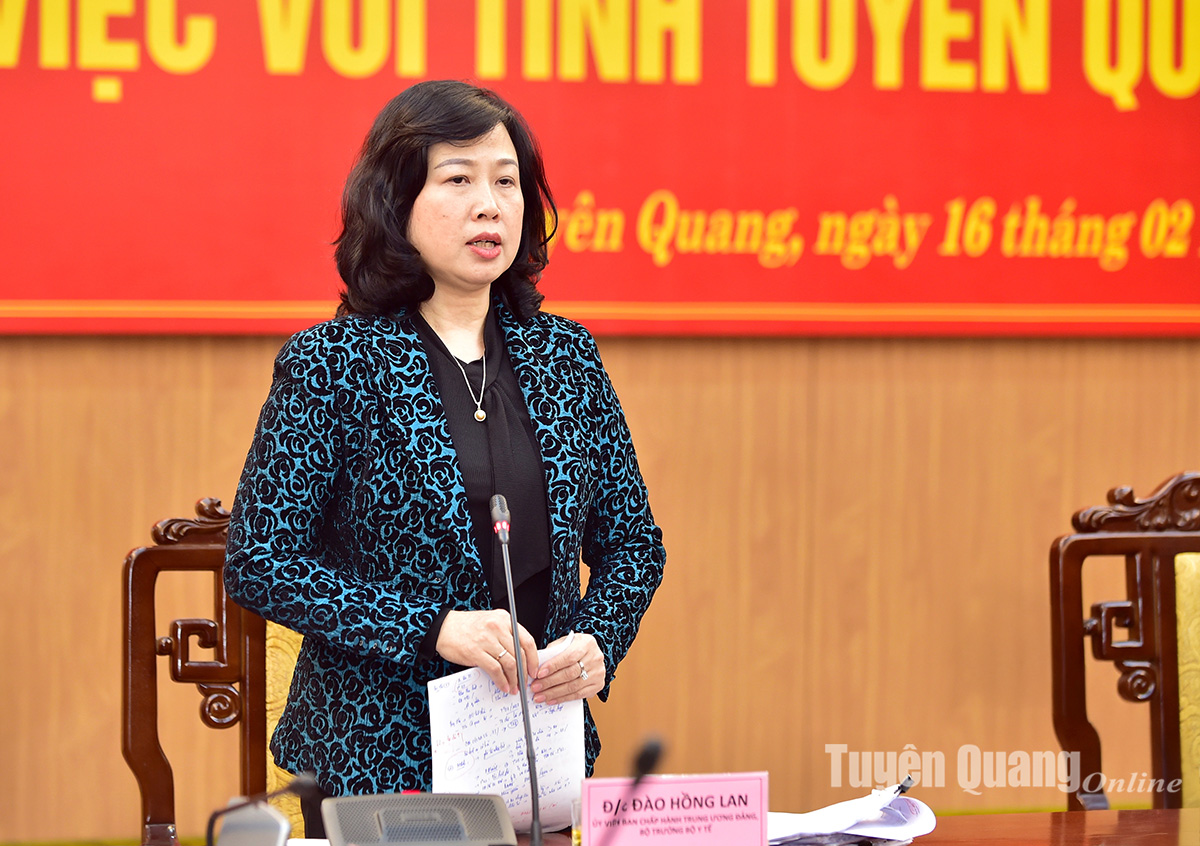




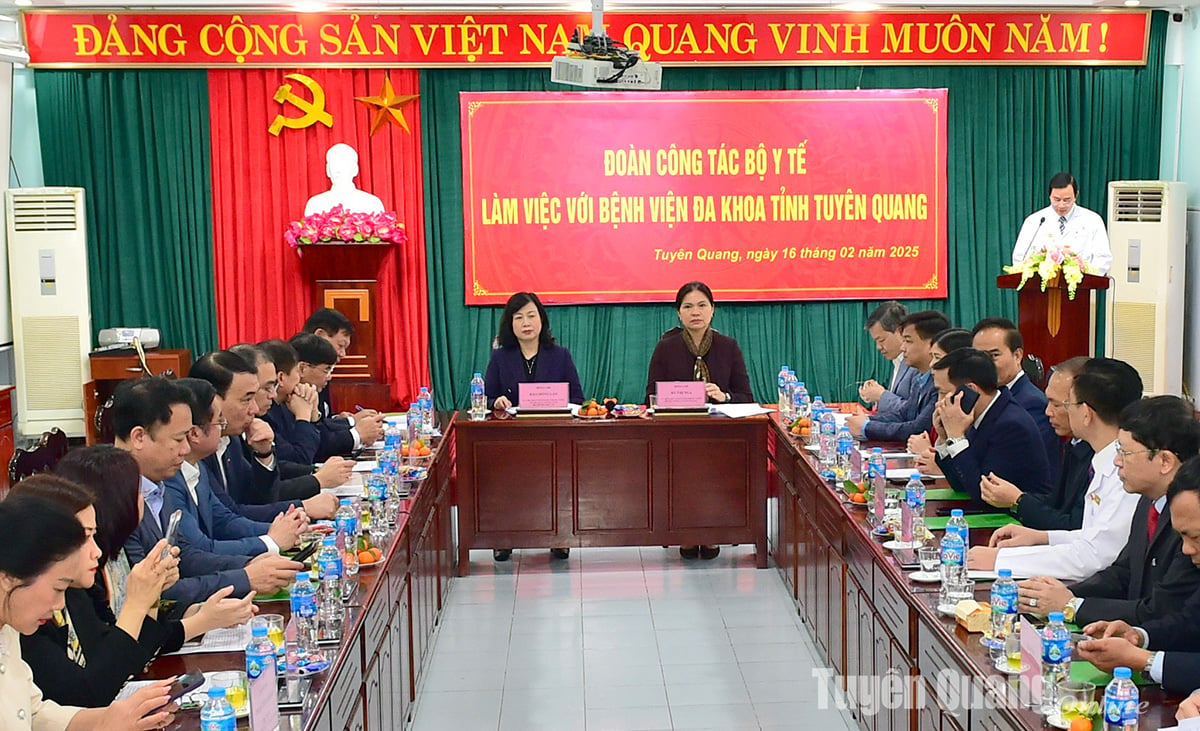



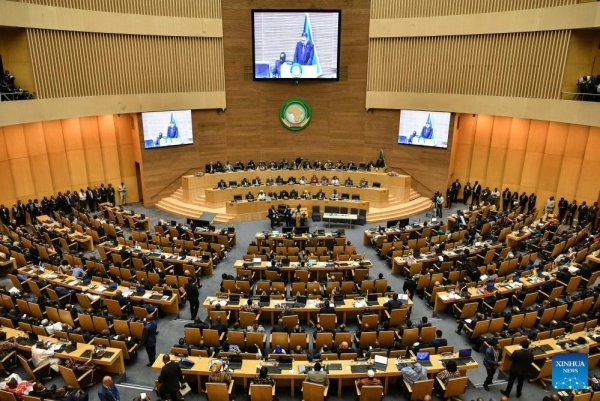

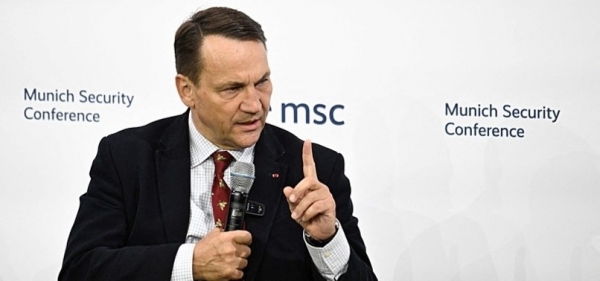
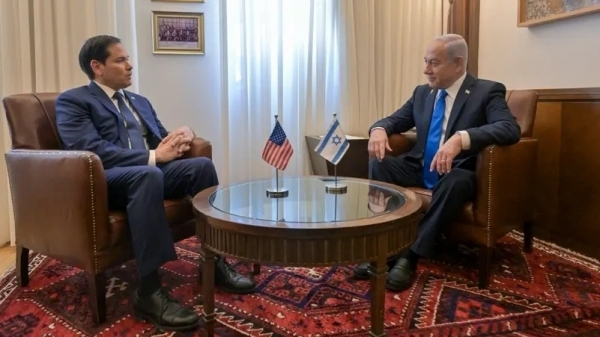





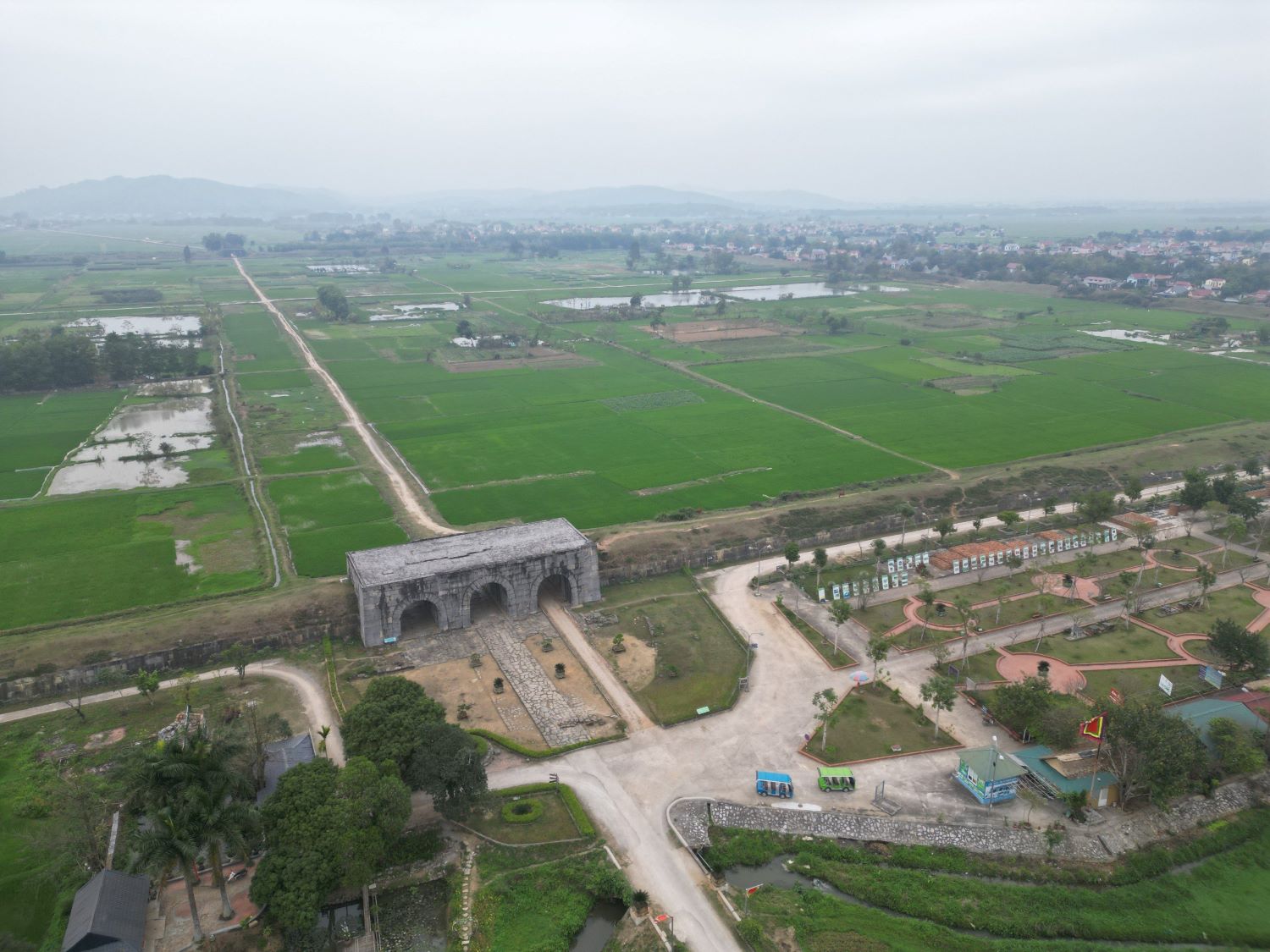
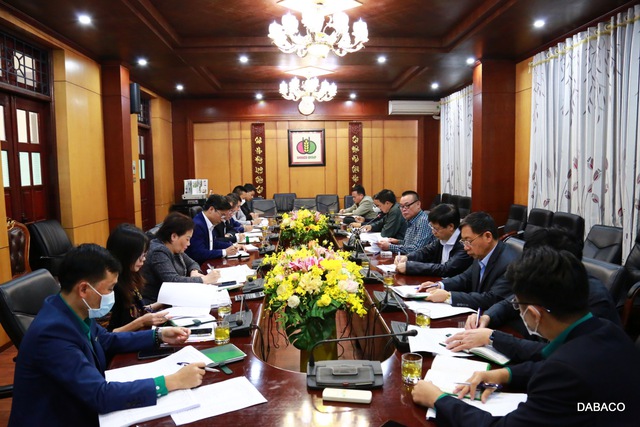













Comment (0)